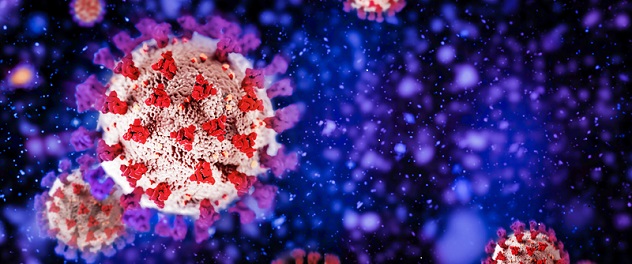 Translating infectious diseases research into cutting edge approaches to prevention, diagnosis and treatment
Translating infectious diseases research into cutting edge approaches to prevention, diagnosis and treatment
Mayo Clinic's world-renowned infectious disease researchers study new antimicrobics, investigate patterns and mechanisms of antimicrobial resistance, track emerging pathogens, and develop unique antimicrobial therapies.
Overview
Infectious disease research has the potential for broad application because people in all areas of the world are infected by microbes at some point in their lives.
Microbes are simple organisms capable of rapid genetic mutation. Many evolve into new strains that resist available therapies. The ease of international travel and an increasing world population facilitate problems associated with rapid microbial evolution.
Clinicians at Mayo Clinic treat many patients with challenging infections. Investigators and clinicians collaborate to conduct clinical trials that provide patients with access to novel, experimental diagnostics and therapies for life-threatening infections.
Investigations include:
- Emerging pathogens.
- Novel diagnostic and therapeutic approaches.
- Gene therapy.
- Antimicrobial resistance.
- Counter-bioterrorism, such as the rapid test for anthrax.
Research goals
Translational research is the hallmark of infectious disease research at Mayo Clinic. Our primary focus is to meet the needs of patients. Therefore, it is the clinical presentation that often drives research. It is not unusual for basic research discoveries to be immediately translated into a change in clinical approach. Research activities are closely integrated with both education and clinical practice.
Investigators in the Division of Infectious Diseases conduct in vitro and in vivo studies of new antimicrobics, study novel patterns and mechanisms of antimicrobial resistance, track emerging pathogens, and develop unique antimicrobial therapies. Methods include culture, molecular techniques and animal models.